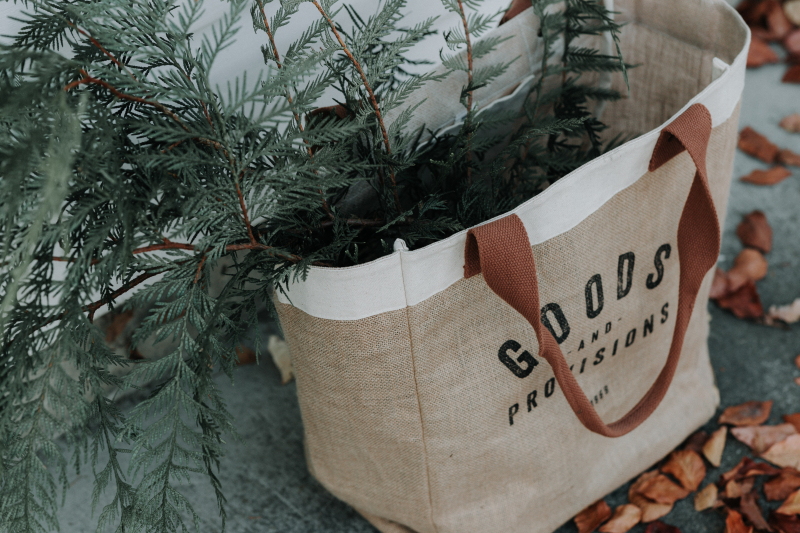My husband, Bob, once learned the cornerstone concept of the Russian approach to life over a game of pool.
“I know why you do what you do,” he told me, holding his cue stick. “You know how you love to whack at the pool balls and see if any go in? And it used to drive me nuts? Well, now I know. It’s called ‘avos.’”
Avos, my absolute favorite, is the Russian concept of blind faith in a positive outcome. It works for all sorts of things that might just go right: from asking a girl out on a date and not buying a train ticket in hopes the conductor doesn’t catch you, to never opening a text book before a test and spitting into the wind and not getting hit.
“Avos’, proneset” (God willing we’ll get through) are the famous last words.
You can also “hope on the avos” if, for example, you decide to drive on bald tires in the snow. There’s always a chance you won’t die.
Back in the Soviet days, the concept of avos gave its name to the “avoska”, a small macramé net bag that people always carried around in their purse in case they happened to come across something worth buying. Mind you, this was mostly grounded in the fact that there was very little to buy and if you did come across oranges, frozen chicken or imported boots, even if in a wrong size, it was a major stroke of luck.
Things got much better in terms of shopping options, and people still sometimes carry small shopping bags with them because they don’t want to pay for plastic bags, but avos as a concept is probably never going away. We wouldn’t want it to, anyway. In small doses, it’s an inspiring glimpse of serendipity that brightens up everyday life.
After that trip to Russia, Bob started to give out cloth shopping bags to his customers and posted a note that said: “In Russia, they call these ‘maybe lucky’ bags. In the spirit of international understanding, please take one and may you always be lucky.”




